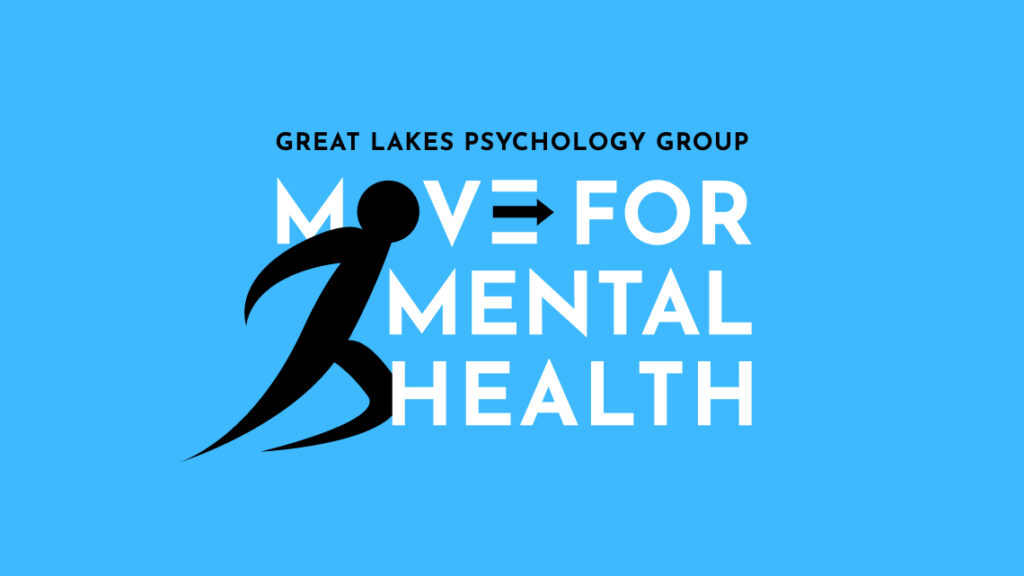Why is an Attitude of Gratitude Important?

Give Thanks. You’ll Feel Better For It.
With the Thanksgiving holiday upon us, many of us will be taking this opportunity to express gratitude to the people who have touched our lives in the past year. Why is an attitude of gratitude important? While most of us recognize that expressing thanks feels good in the moment, researchers have shown that maintaining an “attitude of gratitude” may result in improved health, better sleep, reduced vulnerability to anxiety and depression, increased long-term satisfaction with life, and kinder behavior toward others.
These findings are consistent with other psychological research that suggests that one’s attitude can have a profound effect upon mood, perception, and general outlook. In fact, research suggests that expressing gratitude can even inhibit the likelihood that an individual will retaliate aggressively when provoked. In a recent study at the University of Kentucky, for instance, students who had written an essay about things for which they were grateful were far less likely to retaliate while playing a video game against an instructor who had given them a negative evaluation than those who had not written the essay.
Experts speculate that gratitude bestows health benefits because it strengthens interpersonal bonds, which have been shown to be highly important to emotional and physical health. Study after study in the developing field of happiness suggests that the extent and depth of an individual’s social support network predicts their levels of happiness, optimism, and positive outlook on life. Another benefit of gratitude is that it directs our attention to the good things in our lives rather than our problems or sources of dissatisfaction.
At Great Lakes Psychology Group, we suggest that most will benefit from greater attention to the expression of gratitude, and recommend that people keep a “gratitude journal” in which they record on a regular basis a small number of things for which they are grateful, such as the affection of their spouse and children, their health, their freedom, etc., and that they review the list regularly. Another often-recommended exercise is to compose a gratitude message to someone who has positively influenced your life and to read it to the person, slowly and deliberately, preferably during a surprise visit. Studies suggest that these sorts of gratitude exercises result in increased happiness, optimism, increased satisfaction with life, self-esteem, and positive outlook for months beyond the completion of the exercise.
Looking to start therapy? Book an appointment instantly at findmytherapist.com.
Ready to prioritize your mental health?
Great Lakes Psychology Group is here to help. With an extensive network of caring therapists available to meet online or in-person, we make it easy to find the right fit for your unique needs.



